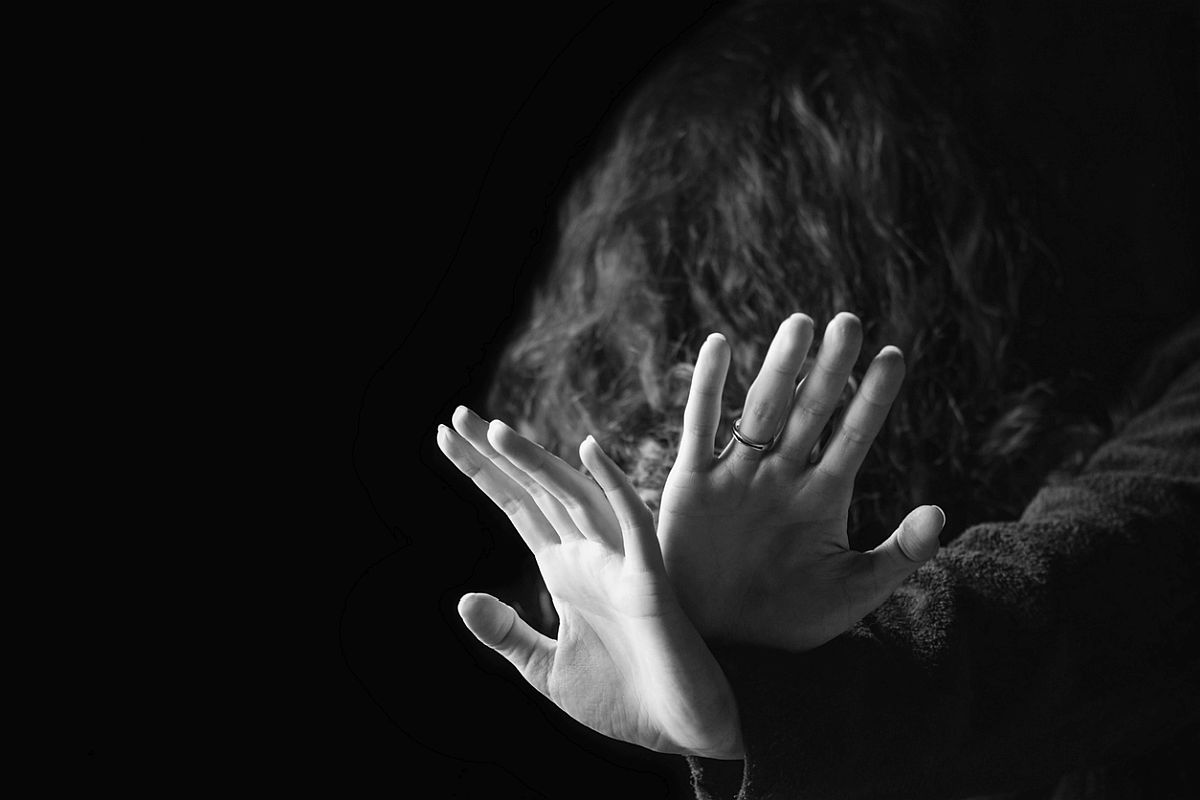It is not a coincidence that most nations in South East Asia are, amid the coronavirus-induced restrictions, seeing a sharp increase in incidents of rape. Nepal’s government has been battling charges of letting rapists get away with impunity.
Horrific instances of rape are being reported almost every day from India, and Pakistan was rocked by the rape of a woman near Lahore recently. But it is the Bangladesh government of Sheikh Hasina that has reacted substantively to outrage over a series of gape rapes and sexual assaults. Rocked by nearly 1,000 incidents of rape between January and September, a fifth of them gang rapes, the country’s Cabinet this week approved the death penalty for rapists.
Advertisement
But the extreme penalty may not prove a deterrent as a majority of those charged with rape manage to slip through the cracks of a lethargic judicial system which sees a very low rate of conviction. This problem is not peculiar to Bangladesh, for similar lacunae allow rapists to get away in both India and Nepal. Enhancing the punishment alone will not address the problem, as India has learnt.
For even though laws were made far more stringent in the wake of the Nirbhaya rape case, and the rapists were hanged seven years after they had committed the crime, it did not prove a deterrent, with cases being reported almost daily from different parts of the country, including Uttar Pradesh and Bihar.
The latest outrage in Bangladesh followed the circulation of a video from Naokhali, which showed a group of men stripping and repeatedly attacking a woman for almost a half hour. An investigation by the country’s National Human Rights Commission revealed that the woman had been raped and terrorised with weapons for the past year by one of the men in the video. This case led to the outpouring of protests on the streets of Dhaka, forcing the government to issue an ordinance mandating the death penalty.
But as activists say, the culture of impunity is well engrained in society and they cite a United Nations report of 2013 which had found that 88 per cent of rural respondents and 95 per cent of urban respondents in Bangladesh said they faced no legal consequences after committing rape. The problem is compounded by victims who do not report the crime, fearing stigmatisation.
Activists say rapists manage to obtain protection and even patronage from political figures who then use them to further their activities. While Sheikh Hasina’s government may have managed the direction of the discourse for now with the announcement of the death penalty, it will, like governments in India, Pakistan and Nepal, have to radically transform the system of criminal justice if it truly wants to deter rapists.











